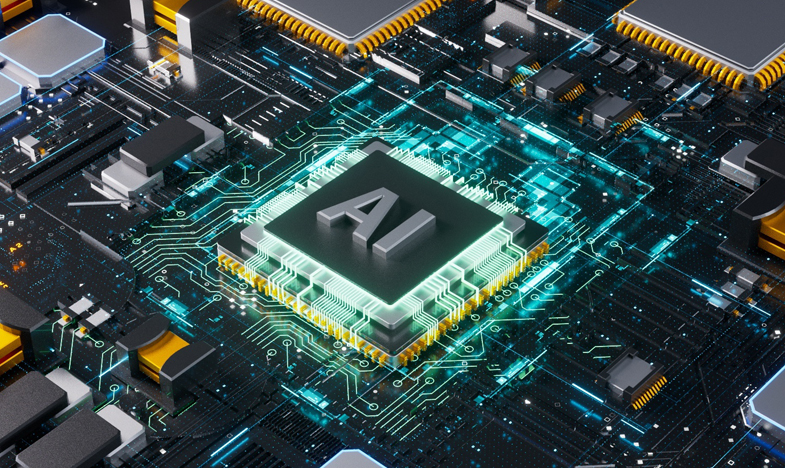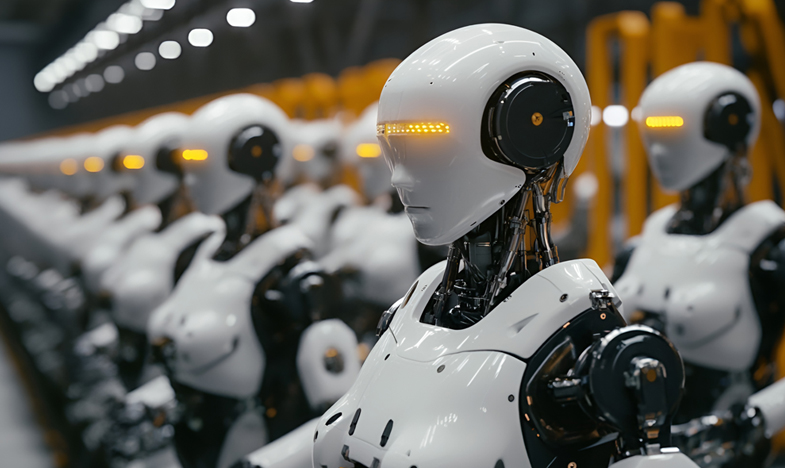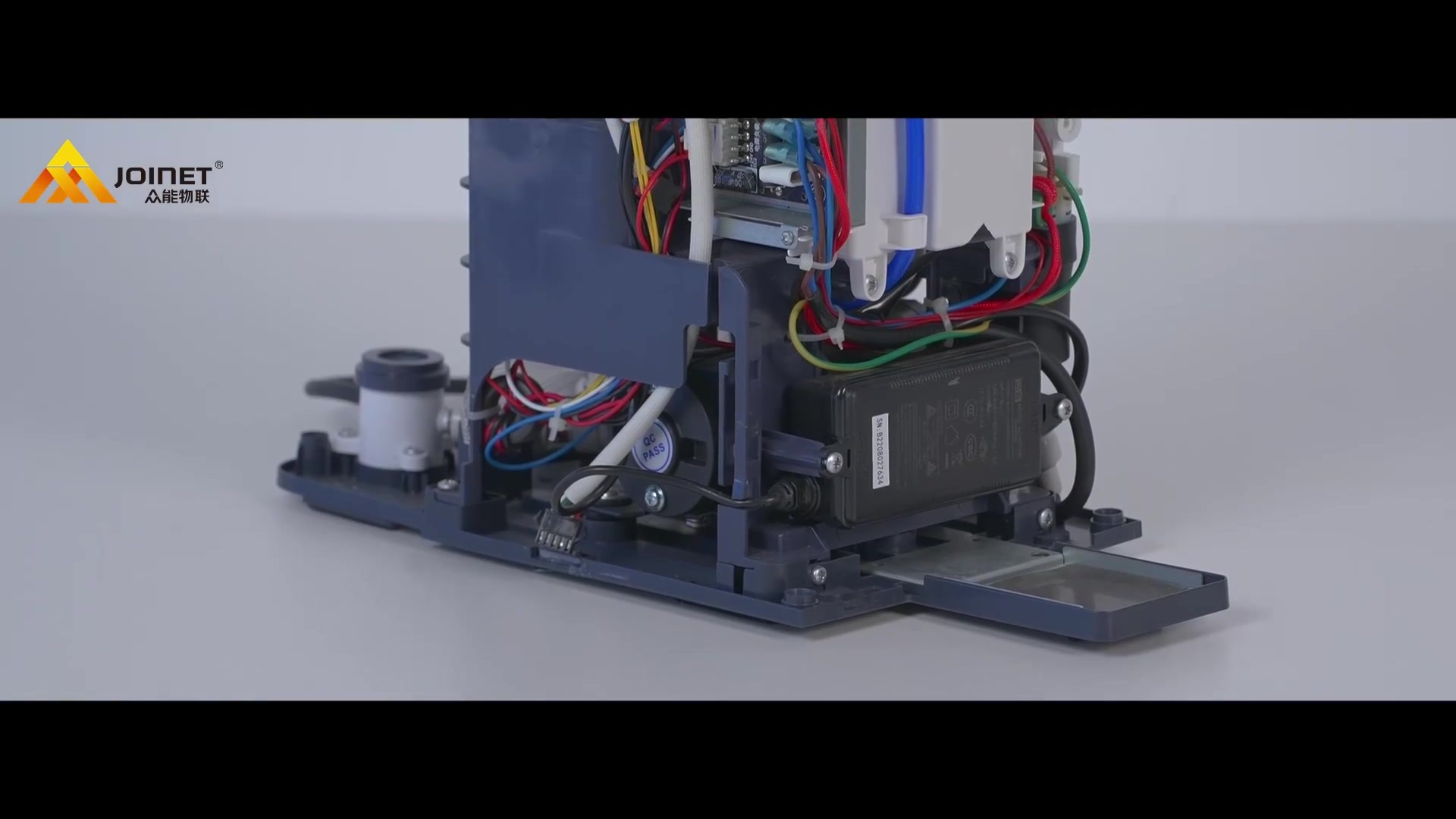
2021 Outlook on artificial Intelligence
Release Time:
2021-02-25
Ai continues to evolve, transforming the way businesses operate and our own daily experiences. In fact, AI has permeated almost every industry. Today, more and more practical uses are being discovered, which has experts and end users looking forward to the big development of AI in 2021.Active ITTypi
Ai continues to evolve, transforming the way businesses operate and our own daily experiences. In fact, AI has permeated almost every industry. Today, more and more practical uses are being discovered, which has experts and end users looking forward to the big development of AI in 2021.
Active IT
Typically, IT teams are all about dealing with the technical side of things so that businesses and even home users experience as few failures as possible. But what if IT could not only handle problems, but also focus its efforts on helping to improve the systems that support us?
Active IT is one of the key expectations for AI in 2021. Artificial intelligence is being used to automatically detect and fix many common problems. Problems that might take one person a week or more to detect and fix can be dealt with in a matter of minutes.
In addition, AI is also being used to enhance cybersecurity efforts. So much so that hackers have to fight harder against security systems that have basically learned all the tricks and blocked them before they can get into the network.
AIoT
The combination of artificial intelligence and the Internet of Things is now called AIoT. Artificial intelligence is already making the Internet of Things better. There are so many iot devices and the vast amounts of data they generate that it is far more efficient to integrate AI into the devices to handle real-time data analytics. As a result, many decisions are made without sending any data to the cloud.
Of course, AI is also being used to process data sent to cloud servers. This allows data analysis to be faster and deeper than humans.
Tracking epidemics and health
The last thing anyone wants to hear is that other pandemics are possible. But one hope for AI in 2021 is that it can not only predict pandemics, but possibly even prevent them.
In fact, BlueDot, a Canadian startup, used artificial intelligence to study abnormal infection rates and identified a potential problem nine days before the WHO's statement on COVID-19. It's an automatic way to spot problems that can help contain outbreaks and give people information before there's a panic.
The use of this type of AI will continue to grow. Obviously, effectiveness depends largely on how countries and governments work together, and it doesn't always work that well.
But AI isn't just for pandemics. It can also be used to analyze symptoms and provide faster diagnosis. Although human doctors can still make diagnoses, this saves time. Another example is Neuro Rehab VR, which is used to provide complementary, faster physical therapy to patients.
The combination of artificial intelligence and quantum computing
Everyone wants technology to work instantly, like typing a question into a search engine and getting instant results. Every millisecond counts, and quantum computing is like comparing dial-up Internet access to the fastest broadband Internet. It's faster, more efficient, and can process large amounts of data almost instantly.
Quantum artificial intelligence extends the capabilities of artificial intelligence. Although the technology is still in its infancy, quantum computing has been shown to speed up machine learning processes, creating algorithms that can be optimised to analyse years of data in less time. This also allows technology to advance faster.
The biggest problem is the lack of quantum computing systems and the resources to support them. However, this trend will continue through 2021.
Ai makes gaming and social interactions more immersive
A key turning point for more immersive gaming occurred in 2020, a year when more people began looking for entertainment online beyond social media. More and more people are experimenting with video games, virtual reality, streaming media and even online shopping.
To give users a better experience, developers are incorporating artificial intelligence to tweak the difficulty of games, make VR look more realistic and make more pertinent suggestions about what to watch or buy next.
Games already use data analytics to tailor the experience to players' preferences. Gamers can expect AI to make their experiences even better by having more interactive conversations with NPCS in 2021.
VR is being revamped with improved hand tracking to provide a more interactive and immersive experience. These can also be part of VR social experiences, such as watching a movie in a virtual lounge or enjoying a concert at home.
Artificial intelligence continues to advance rapidly. What stands in its way will be our own imagination and current technological limitations.
What do you expect from AI in 2021?
Reprinted in the House of Things

Guangdong Joinet IOT Technology Co.,Ltd
Manufacturing Base:
Joinet Technology Park,No. 168 Tanlong North Road,Tanzhou Town,Zhongshan City,Guangdong Province,China
Pre Sales Hotline:19966308713 13823973022
Switchboard:0760-8663 0003 (transferred) 523
Pre Sales Email:sw@znaiot.com


Contact Us:
Looking forward to your call anytime










































